Advanced electromyography testing that pinpoints exactly what’s causing your numbness, tingling, or muscle weakness.
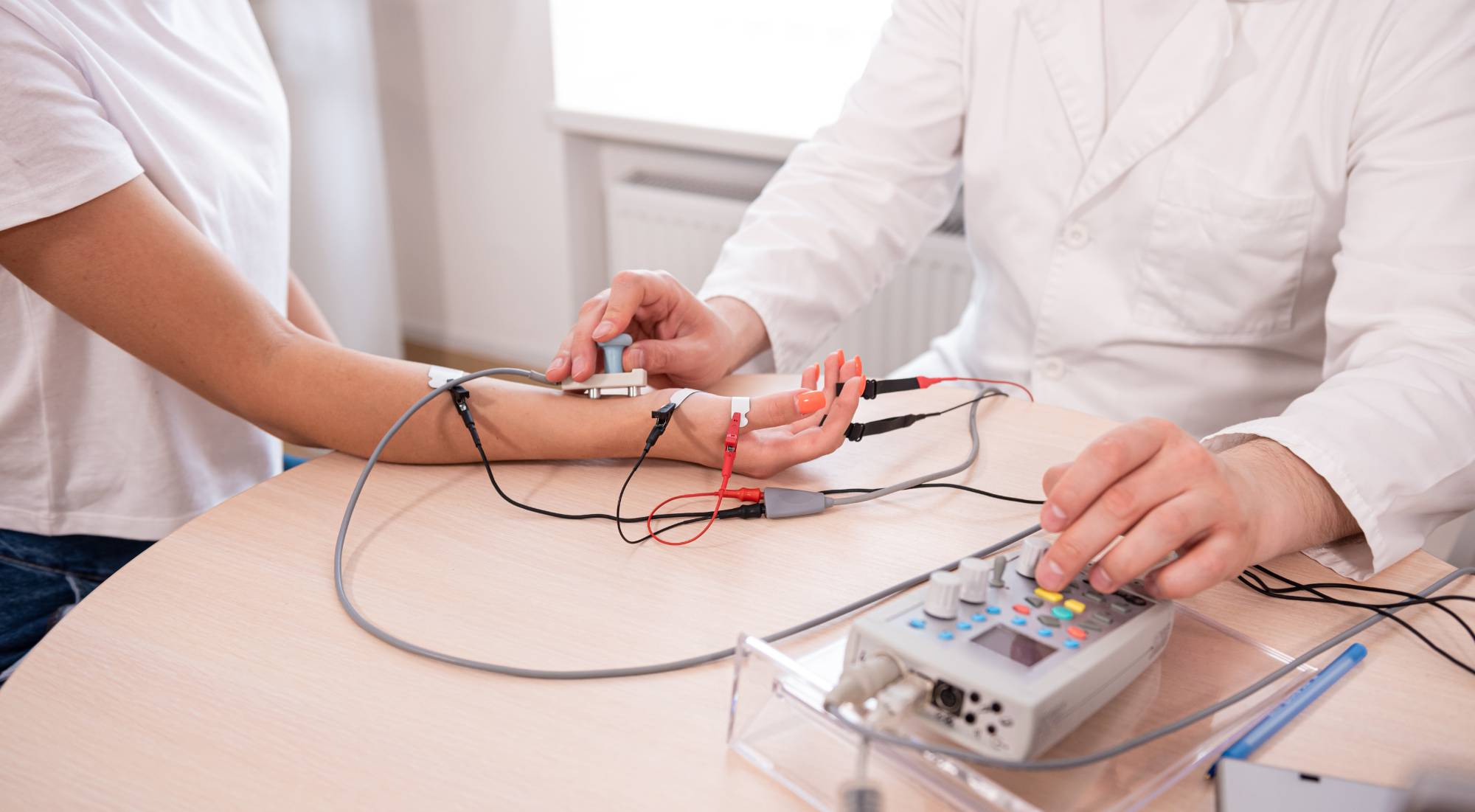
Reviews
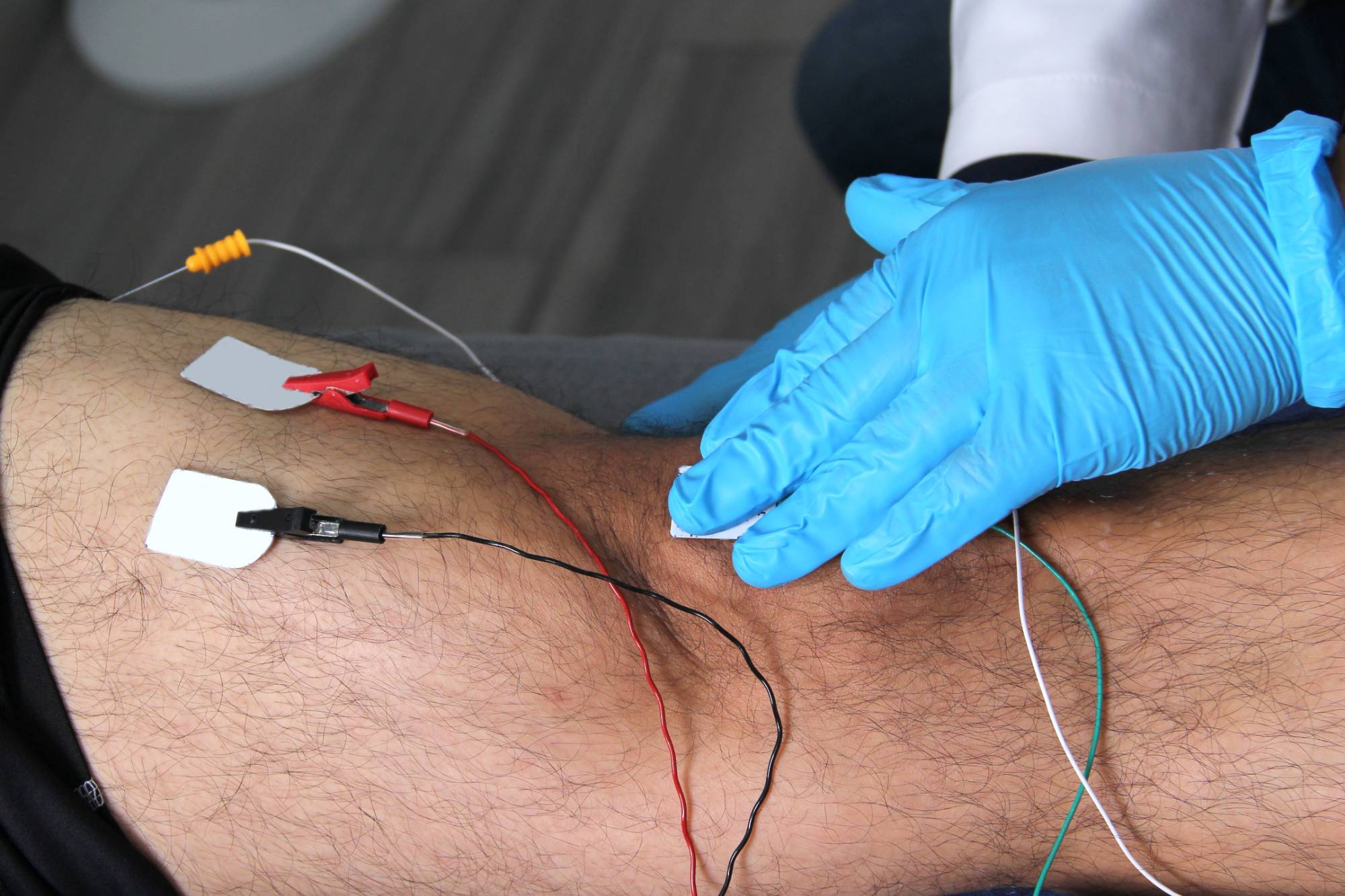
You’ve been dealing with symptoms that don’t make sense. Numbness that comes and goes. Tingling that keeps you awake. Muscle weakness that makes simple tasks frustrating.
EMG testing gives you the definitive answers you need. Instead of guessing what’s causing your symptoms, you’ll know exactly which nerves or muscles are affected and how severely.
With precise diagnostic results, your treatment plan becomes clear and targeted. No more trial-and-error approaches or wondering if your symptoms are “all in your head.” You get real data that leads to real solutions.
We have been serving the Cutler Bay and South Florida communities with advanced diagnostic testing for years. Our team consists of board-certified specialists who understand that accurate diagnosis is the foundation of effective treatment.
We use state-of-the-art EMG equipment and follow comprehensive testing protocols to ensure reliable results. Every test is performed by our experienced professionals who take the time to explain the process and discuss findings in terms you can understand.
Our focus remains on providing clear answers and working closely with your referring physician to develop the most effective treatment approach for your specific condition.
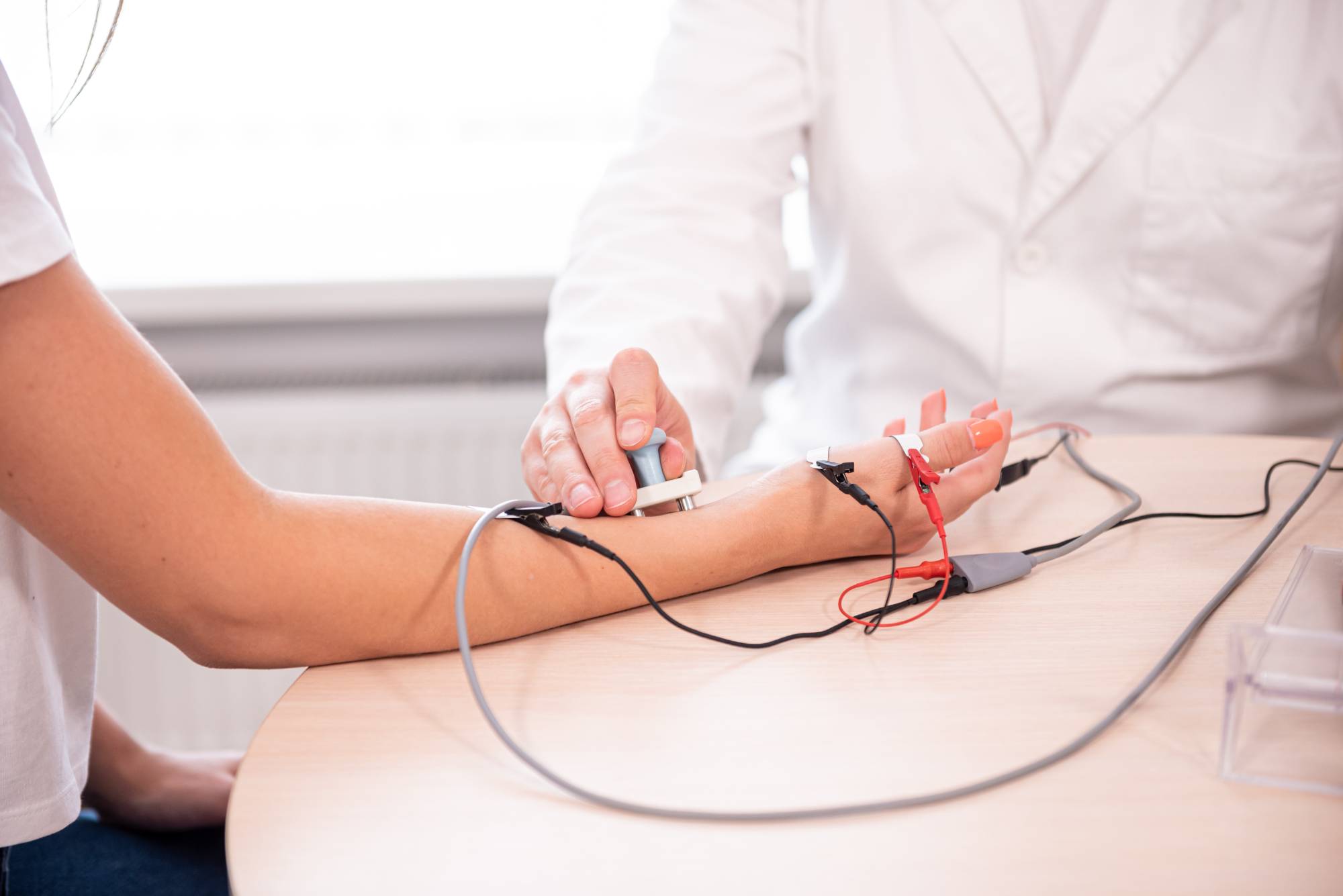
Your EMG test typically includes two parts: nerve conduction studies and electromyography. The nerve conduction study comes first, where small electrical pulses test how well your nerves transmit signals. You’ll feel brief, mild electrical sensations, but nothing painful.
Next, the electromyography portion uses thin needle electrodes to measure electrical activity in your muscles. The needles are much thinner than those used for blood draws, and most patients find the discomfort minimal and brief.
The entire process usually takes 30-60 minutes depending on which areas need testing. You’ll receive your results the same day, along with a clear explanation of what the findings mean for your condition and treatment options.
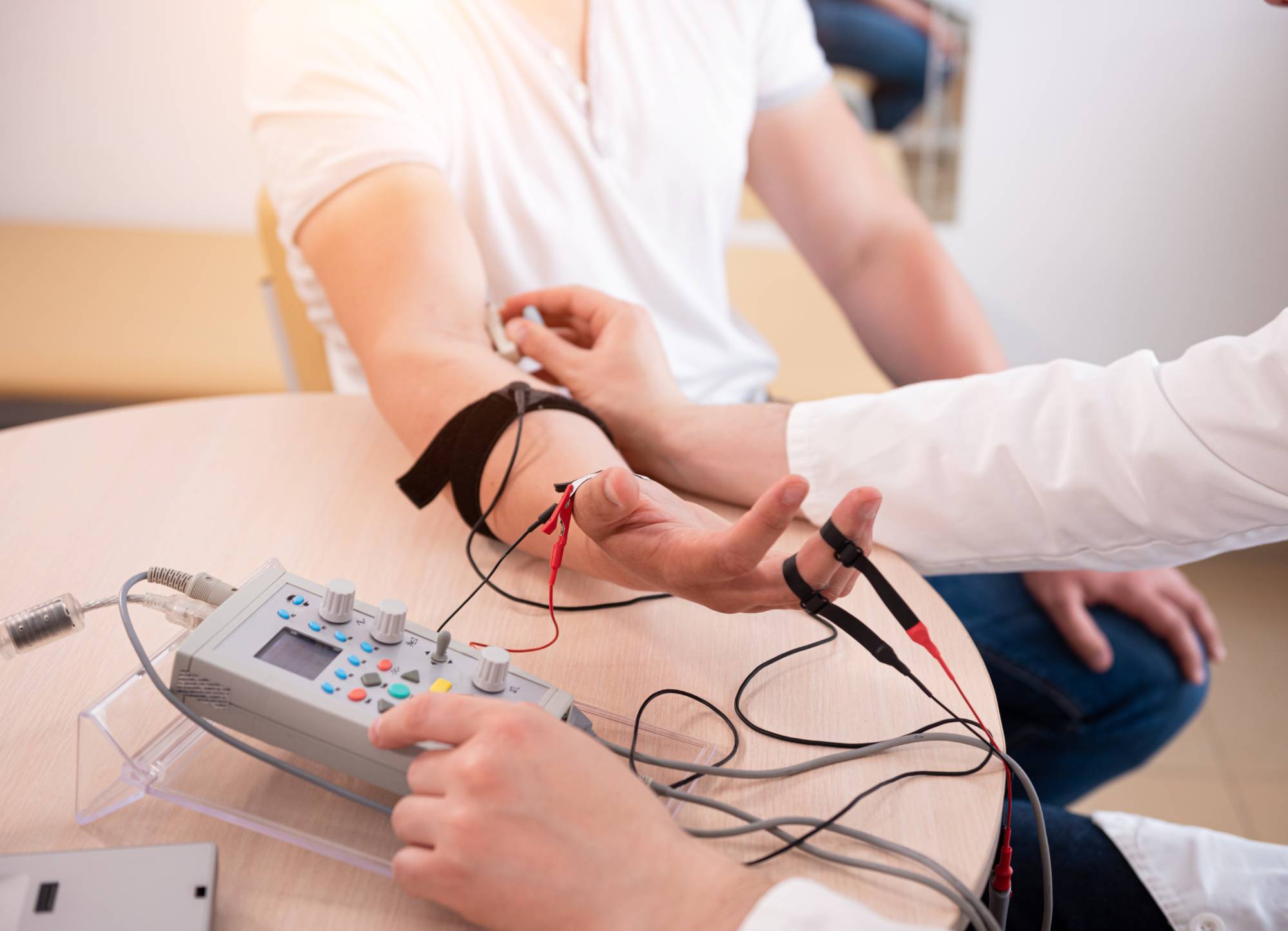
Ready to get started?
Your EMG testing includes both electromyography and nerve conduction studies to provide a complete picture of your nerve and muscle function. The testing evaluates conditions like carpal tunnel syndrome, sciatica, diabetic neuropathy, and various muscle disorders.
You’ll receive detailed results that pinpoint the exact location and severity of any nerve or muscle problems. The findings help distinguish between different types of nerve damage and identify whether the issue stems from nerve compression, inflammation, or muscle disease.
Each test is tailored to your specific symptoms and concerns. Our comprehensive approach ensures nothing is missed, giving you and your doctor the complete information needed to move forward with the most appropriate treatment plan.
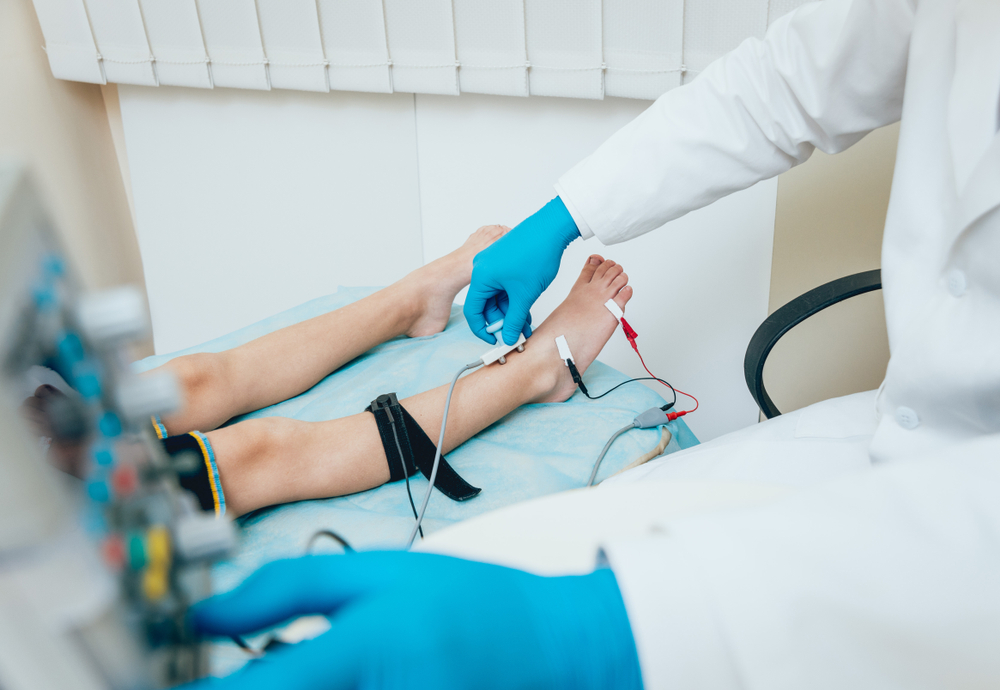
New York:
Florida:
Support